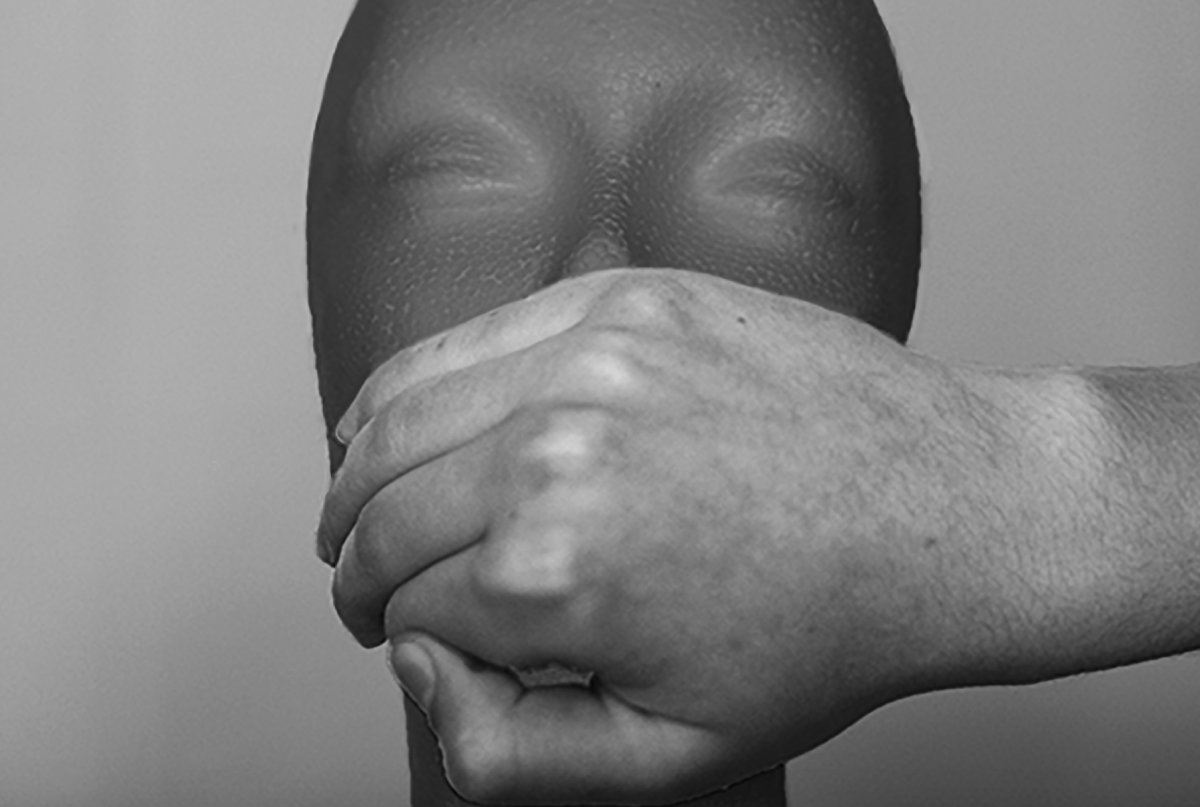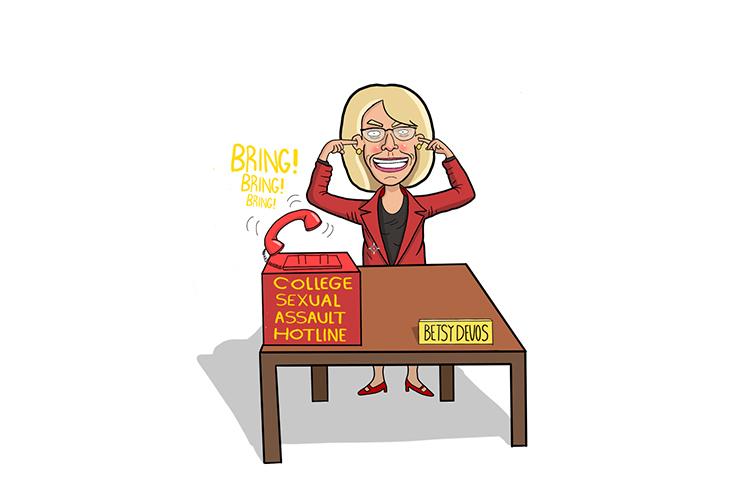
Content warning: This story includes an explicit definition of rape.
As I scroll through news stories on the screen of my phone, my eyes skim over countless headlines covering the most recent political scandals and natural disasters. One catches my eye: “Brock Turner released from jail after serving three months for sexual assault.” My head clouds with anger as I read descriptions of the event in great detail, including his attempted rape on an unconscious woman. The words tell me the same familiar story: A convicted sexual assailant escapes unscathed from a crime that should have cost him years in prison.
When talking about the issue of sexual assault in the Grant community, we tend to focus on the personal side of the issue. Seldom do we discuss the legal repercussions for such despicable crimes. As I researched the maximum prison sentences for sexual assault and rape in Portland, I found that both were much more severe than I had previously thought.
According to the U.S. Department of Justice, first-degree rape is defined as “the penetration, no matter how slight, of the vagina or anus with any body part or object, or oral penetration by a sex organ of another person, without the consent of the victim.” In Oregon, the prison sentence for rape is up to 20 years. The punishment for first-degree sexual abuse is a maximum of 10 years in prison.
But the reason why we rarely hear about perpetrators serving a full sentence is because maximum punishments for sexual assault and the punishments given in actuality are two very different things.
According to the Rape, Abuse and Incest National Network, which provides resources to survivors of sexual assault, it is estimated that more than 994 out of 1000 rapists in the United States will walk free without any punishment. Barbara Long, a Portland lawyer who represents survivors of sexual assault in civil cases, says that because most survivors wait to report, the likelihood of success for their case is substantially decreased due to lack of evidence. “The district attorney’s office is concerned about what types of cases will lead to conviction,” Long says. “If they don’t feel like they can win, they don’t want to take it.”
For the few rapists who do face trial and serve time in prison for their crimes, the time served is often far below the maximum sentence. While the average sentence for a convicted rapist is 9.4 years, the time served is typically 5.4.
In Oregon, these sentences are usually decided by state court judges who are elected every six years. Judges in the United States frequently give inadequate punishments to convicted sexual assailants, no matter how much evidence there is against them. Even in Brock Turner’s case, where there were two eyewitnesses to his attempted rape and sexual assault, he was sentenced to only six months in prison and three years of probation. Judges regularly cite excuses such as a person’s youth, ignorance or potential when excusing perpetrators from sexual assault. The judge on Turner’s case, Aaron Persky, defended his decision by saying that a longer sentence would have “a severe impact” on Turner’s life.
Brock Turner is just one example in the long list of sexual assault perpetrators in the public eye who have not received sufficient punishments for their crimes, and this list is continuing to grow. Brett Kavanaugh, our recently appointed Supreme Court justice, has been accused by multiple women of sexual assault. American rapper and recently convicted child sexual assailant, 6ix9ine, avoided prison with a four-year probation period and 1,000 hours of community service for that crime. Donald Trump, our president of nearly two years, has 22 sexual misconduct allegations to date.
Bruised reputations and a tick on their permanent records are not sufficient punishment for these people. We need protection, and they do not deserve to be anywhere other than in a prison cell. The 994 rapists who walk free are 994 too many. That is 994 rapists who can and will cause trauma, pain and suffering for more people.
The maximum prison sentences for sexual assault and rape are severe, but few sexual assailants and rapists actually serve them. The problem isn’t our laws, it’s the people who enforce them. It is the judge who makes the final decision on whether a sexual predator serves two years or 20. It is the president who nominates an accused sexual assailant to the Supreme Court. And it is us, the people who vote them into power.
Thankfully, many of us have, or will soon have, the power to vote them out in future elections.
For those of you who can vote, educate yourselves about the histories of the people you vote for, and make sure they will work to combat sexual assault. Most importantly, make sure they are not sexual assailants themselves. And for those who cannot vote now, think about how your vote in the future can impact sexual assault cases.
Brock Turner was released early from jail for “good behavior,” but if we change this pattern in our government, we can make sure no one else will be. Keep in mind that this is not the only solution, as there is so much more to be done in order to combat sexual assault, but it is a step in the right direction. We can not expect change if we sit by complacently and watch the opportunity for change pass us by each election.






































